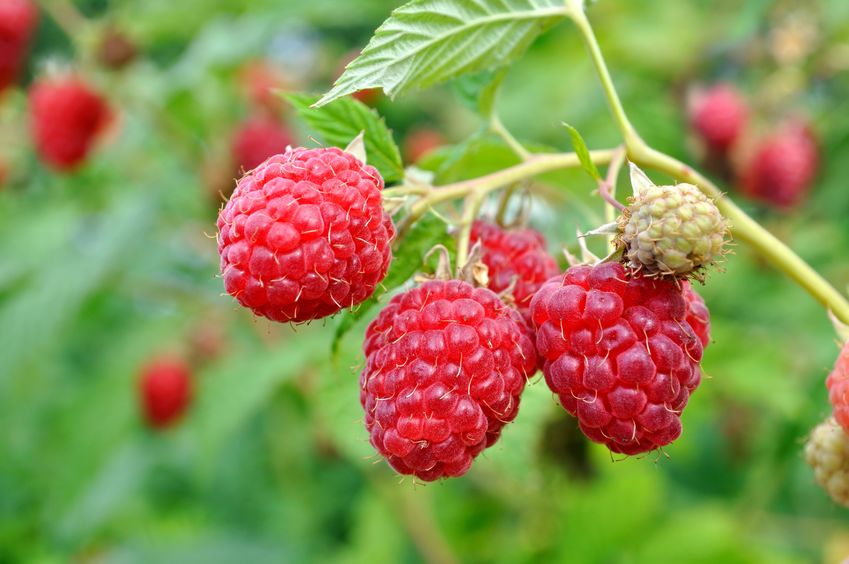
The British berry sector is 'under threat' as supermarket returns are failing to meet growers’ inflationary costs of production, an industry body has warned.
Rising costs for energy, packaging, haulage, and labour are all contributing to grower cost increases, the British Berry Growers (BBG) said today.
If there is no improvement, it warned that growers may start to reduce the numbers of berries they grow or go out of the industry completely.
BBG members are reporting 'zero increase' in what retailers paid for their strawberries in 2022, despite berry prices going up for UK shoppers.
Data from Kantar shows that in the 2022 British season from May to September, supermarkets increased the average price of berries by 11% for consumers.
In a step towards greater transparency, BBG is now publishing weekly sales data from its growers to reveal which supermarkets are most supportive of British berries.
The data will be published each Wednesday during the UK summer season and is presented in two ways.
First, the total tonnes of British berries sold to UK supermarkets by BBG members, and second the percentage of total British berries sold compared to that supermarket’s grocery market share.
Together, the weekly charts provide an accurate picture of which retailers are the most supportive of fresh British berries.
For example, although last week Tesco bought the most British berries (1,361.6 tonnes) of any UK supermarket, this equated to 23.9% of all British berries sold which is less than its 27.1% grocery market share.
Asda had the biggest discrepancy between its grocery market share (13.7%) and the percentage of all British berries sold to UK supermarkets (5.5%) in the latest data charts of the summer season.
As of 20 July 2023, Lidl was the largest single supermarket to top the charts for total berries sold compared to their market share, followed by Aldi, Waitrose and Co-op.
Nick Marston, chairman of BBG said the squeeze on the British berry industry was seriously threatening the viability of the British berry industry.
“If we don’t address this disconnect, British berry growers will start to reduce the numbers of berries they grow or go out of the industry completely, as they are unable to make a profit.
“That’s why we have taken the step of publishing retail sales data collected from our members, so that the British public can see which retailers are most supportive of the British berry industry.
"We want to shine a light on retailer best practice and encourage consumers to challenge their supermarkets to stock British berries whenever possible.”
BBG represents nearly all (95%) of berries sold in the UK.
